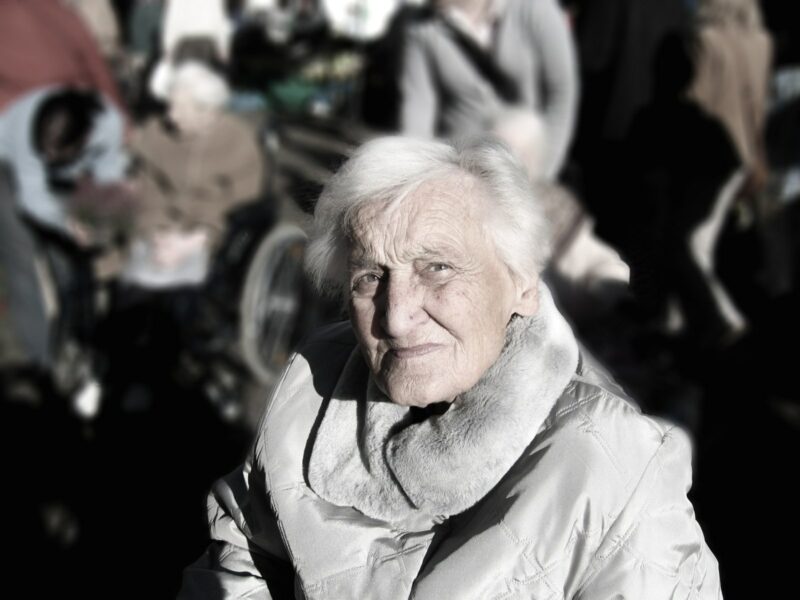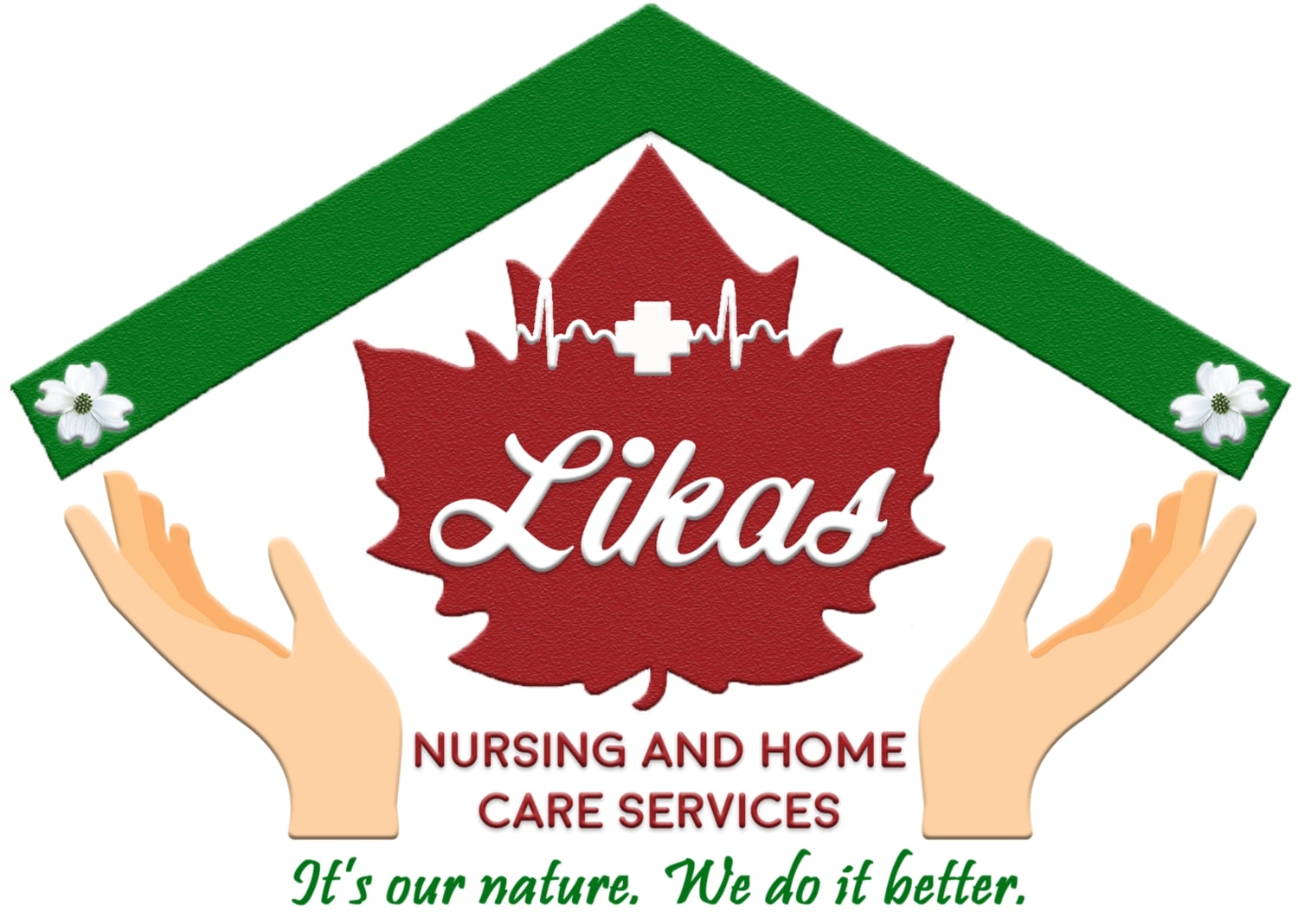
What do people often say when someone keeps losing keys or having bouts of forgetfulness?
“Uh-oh, you’re old now!”
That this is one of the most common comments in this situation, whether said in jest or quite seriously, signifies how memory loss is a significant issue in the elderly population. To some extent, memory loss can be age-related. This is because of three possible reasons:
The hippocampal region in the brain deteriorates with age, making it difficult to access memories;
There is poorer protection and repair of brain cells;
There may be less blood flow to the brain.
Family members who have an elderly loved one showing some forgetfulness can be worried about the onset of dementia. However, occasional forgetfulness and easy distractibility does not necessarily mean dementia.
Possible symptoms of dementia
There are many types of dementia, and whatever the etiology, it usually constitutes more serious symptoms. Some symptoms may be the following:
Disorientation even in familiar places
Being unable to follow directions
Being unaware of being forgetful
Having difficulty with activities of daily living (e.g. dressing, washing)
Having trouble maintaining a conversation
Showing lapses in judgment and poor social behavior
Mild cognitive impairment
Less severe cases of these individuals have what is called mild cognitive impairment (MCI). While the people surrounding an elderly person with MCI will notice these changes, this individual will still be able to function quite independently.
Some people with MCI may progress to overt dementia, but some do so at a slower rate, while others even return to normal. While disease progression is difficult to predict, a physician consult must be made to better evaluate the patient’s symptoms and MCI.
Reversible memory loss
Aside from aging, there may be other possible causes of reversible memory loss. In consulting a physician, a complete medical history can be taken, a physical examination performed, and laboratory tests conducted to check for these possible causes.
Medications
Minor head trauma
Emotional disorders such as stress, anxiety, and depression
Alcoholism
Hypothyroidism
Vitamin B12 deficiency
Other brain diseases, such as a tumor or infection
Prevent memory loss
What can be done to prevent memory loss? As it turns out: lots. Here are some advice to help you and your loved ones prevent memory loss.
Stop smoking and alcohol use. Alcohol can damage brain cells and also reduce vitamin B12 absorption. Also, smoking causes the blood vessels in the brain to constrict, worsening circulation.
Manage stress. Memory difficulties and trouble learning and concentrating can result from stress and anxiety. Stress can be managed by breathing techniques and meditation, hobbies, and maintaining quality social interactions with other people. This will also reduce the risk of depression.
Get sufficient sleep. Sleep is necessary for forming and storing new memories for later retrieval. It can also help prevent stress and anxiety.
Maintain a healthy diet. Fruits and vegetables contain a lot of antioxidants, and food rich in omega-3, such as salmon, tuna, and some nuts, are excellent for the brain and for memory.
Exercise. Cardio and strength training, if done regularly, can reduce the risk of dementia by up to 50%. In addition, it has also been shown to slow disease progression in those who already have some cognitive impairment. Walking has also been shown to prevent brain shrinkage and memory loss.
Engage in brain exercises. Some types of brain exercises include word games like Scrabble; strategy games like stress; and learning new things such as recipes, a musical instrument, or a foreign language. You can also read materials that challenge your brain and participate in activities and projects that involve design and planning (e.g. knitting, planting a new garden).
Maximize your memory. Some tactics are useful in learning and retaining information. These include, among others, keeping a routine (e.g. putting items in the same spot), organizing information and writing them down, making word associations, and telling stories to other people.
How we can help
We at Likas Nursing can help you and your loved ones by prevent and cope with memory impairment. Some of the activities we do with our clients involve accompanying them to their healthcare appointments, encouraging them to try and engage in new and healthy activities, and educating them and their loved ones.
Contact us via this form or via phone at 778-772-8026 or 604-754-8781 for an appointment to set up a personalized care plan.



